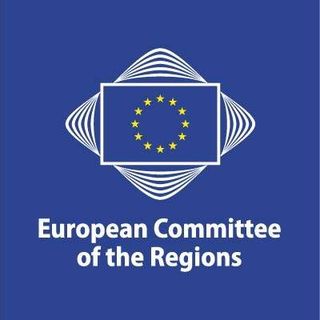“The future is not held together by concrete, but by the trust we invest in people” – my speech in Brussels on EU skills development
Concrete, steel, and asphalt are not enough – we must build in people.
With this message, I participated in a debate in Brussels organized by the European Commission and the European Committee of the Regions, with the participation of Roxana Mînzatu, Vice-President of the European Commission, on the implementation of the European Pillar of Social Rights and the “Union of Skills” initiative.
The future must be built on people, not on concrete
People turn first to their local communities when they look for a job, a training opportunity, or a chance to learn.
That is why, in Harghita County and across Szeklerland, we are working to ensure that young people, employees, and entrepreneurs have real opportunities – linguistically, professionally, and technologically.
It is not enough for schools to teach. Knowledge must reach workplaces, villages, and young families.
Too often, county councils must compensate for national shortcomings: we support vocational training, adult education, and language and digital courses to make local people more competitive on the labor market.
EPP proposals for the next EU financial cycle
According to the European People’s Party (EPP), the next EU budgetary period (MFF 2028–2034) must ensure a predictable, simple, and fair support system that also benefits smaller regions:
• a dedicated rural window under the ESF+ program to fund mobile education and local training schemes,
• joint calls for proposals between ESF+, ERDF, Erasmus+, and Digital Europe programs,
• results-based funding for employment and training achievements in rural communities,
• and data-driven, real-time skills monitoring, so that mayors can clearly see where gaps exist and what is needed.
These proposals are not theoretical – they concern people’s everyday lives:
a young farmer who can train locally;
a caregiver who finds stable employment;
or a small business that can expand because its workers have the right language and digital skills.
Europe begins where we live
Following the intervention, I held a live discussion with Roxana Mînzatu, Vice-President of the European Commission.
It became clear that EU programs are available in all countries, but it depends on local and regional levels whether they truly reach people.
That is why I am working in Brussels as well.
In recent years, significant EU funds have reached Romania, yet many training and start-up initiatives have disappeared because there was no real connection between central policies and local needs.
I believe that the right of young people to stay in their homeland should not be a slogan, but a reality.
The future is not held together by concrete, but by will, knowledge, and community.

